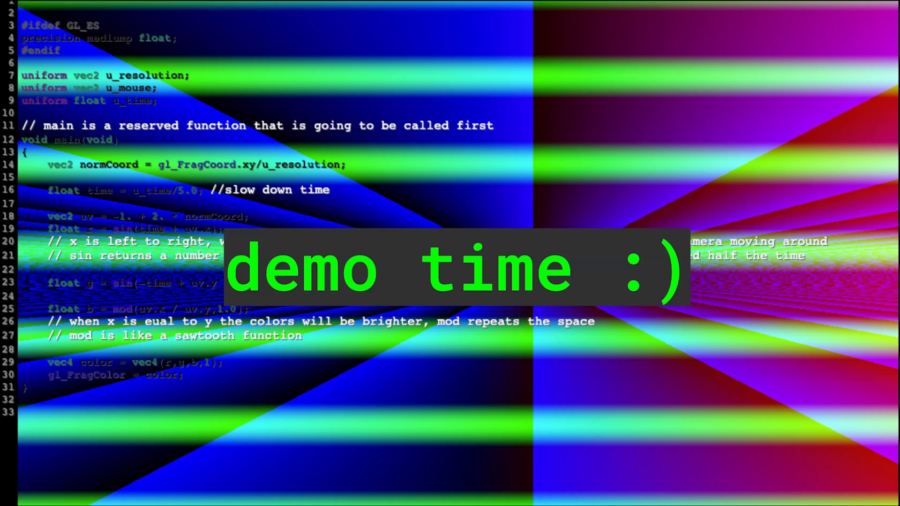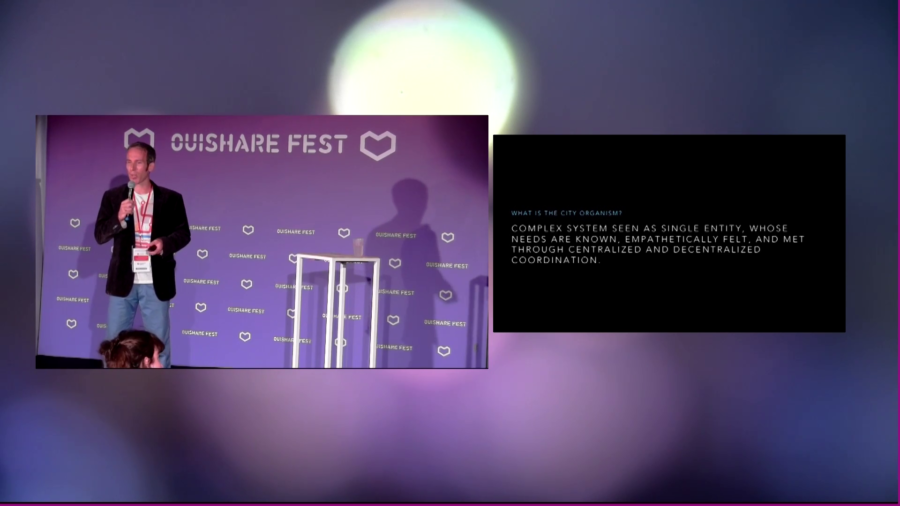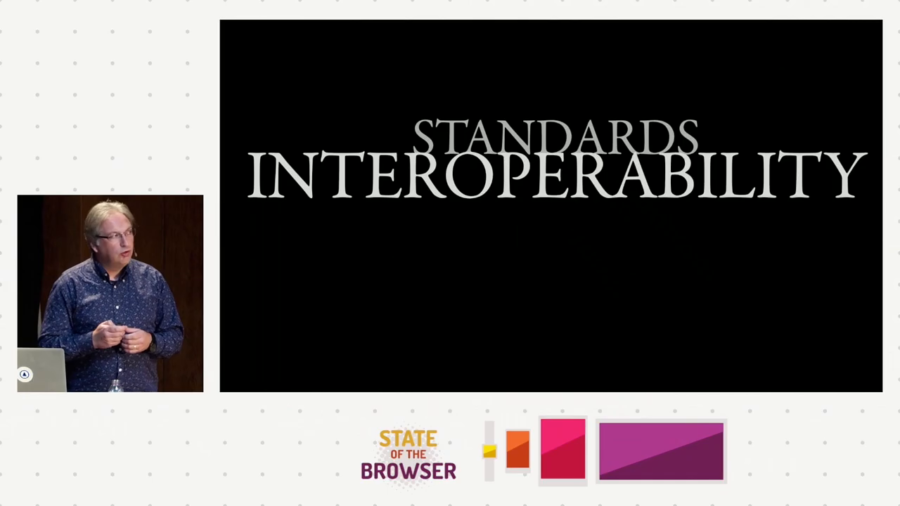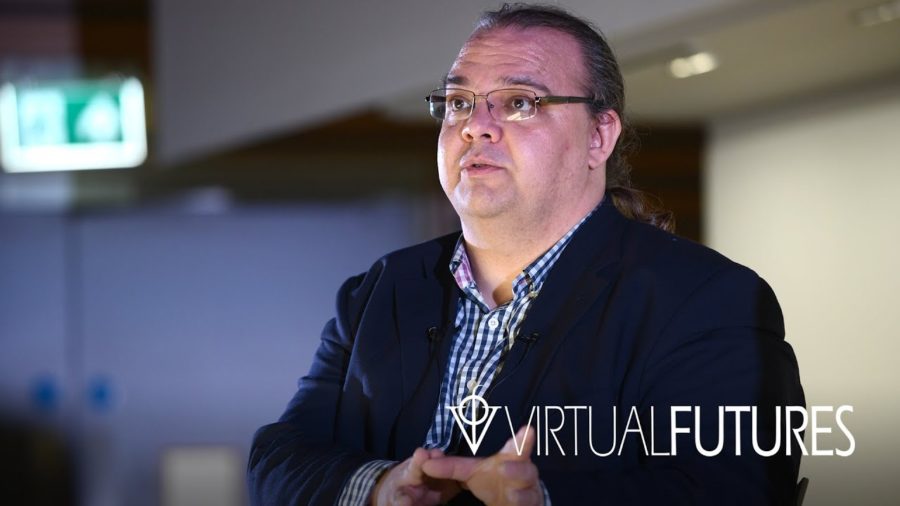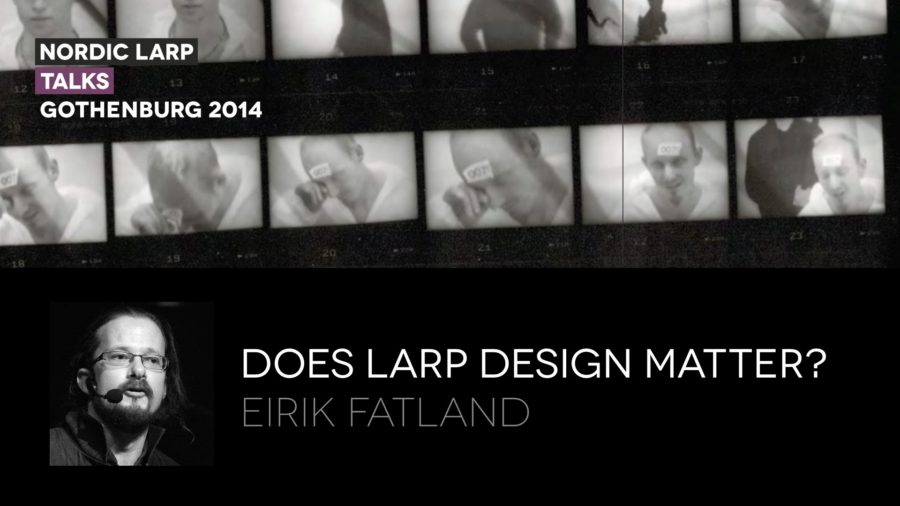Livecoding is where two programmers, one to create music and one to create visuals, will be on stage or livestreaming code that will create music and code that will create visuals alongside it. And as you can see on the screen we will also display the code as what it is compiled to is creating the sound of the music. So it creates this one-to-one transparency of like, the code that you’re seeing is exactly what you’re experiencing.
Archive (Page 1 of 2)

I think we need to start thinking critically about things that we perceive as wholesome. Empathy has become a big business, and we ought to be able to examine it. Everyone’s always trying to diagnose disabled people. But I’m gonna have a little bit of fun. And I’m actually gonna diagnose all of you.
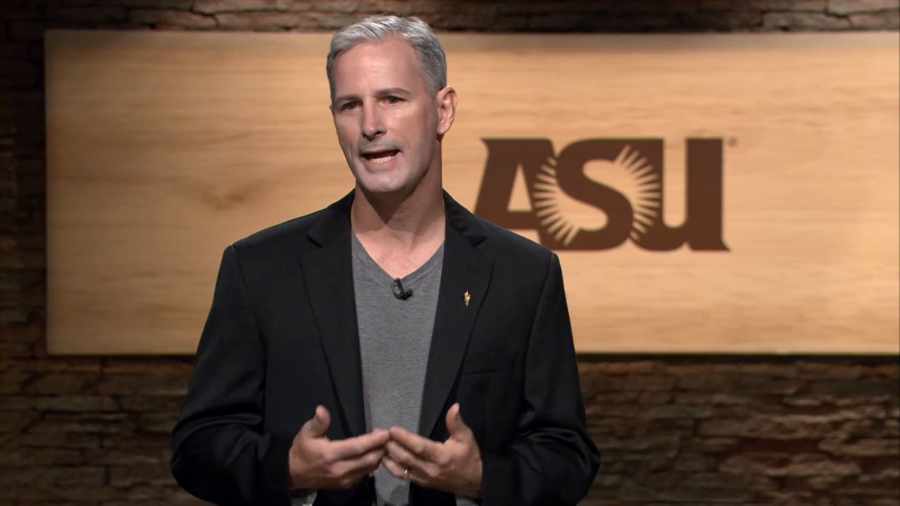
The story of running Lava Falls is the story of the Colorado River in the American West today. Right now, we are in those relatively calm waters above the rapids, enjoying the beautiful canyon scenery. But, now we begin to hear the ominous roar. In the American West we face challenges managing the Colorado River.
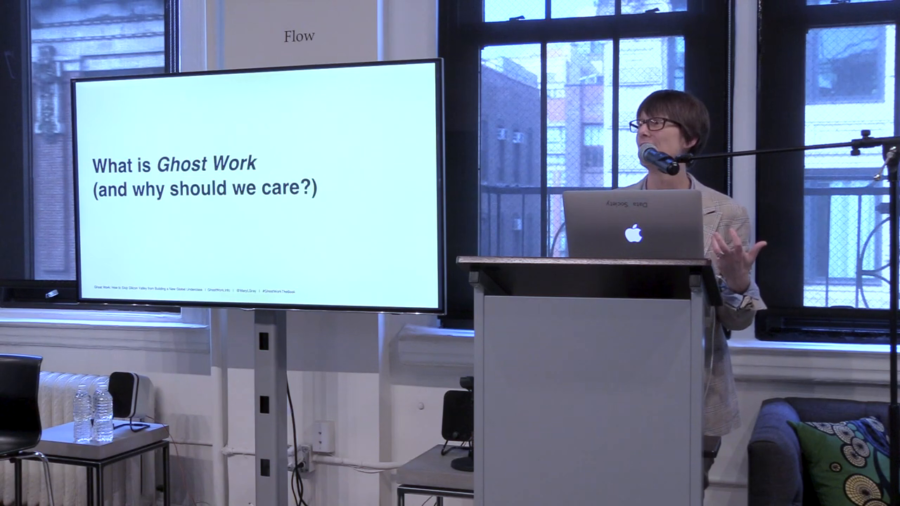
I’m just going to say it, I would like to completely blow up employment classification as we know it. I do not think that defining full-time work as the place where you get benefits, and part-time work as the place where you have to fight to get a full-time job, is an appropriate way of addressing this labor market.
What I’ve seen as a founder of MoveOn is that we’ve become increasingly polarized. And in fact we have gotten to the point where we have separate…realities? when it comes to a whole raft of facts. And so how can we possibly make good decisions together when we don’t even share basic facts? You first have to have a relationship, and you have to have shared values.

